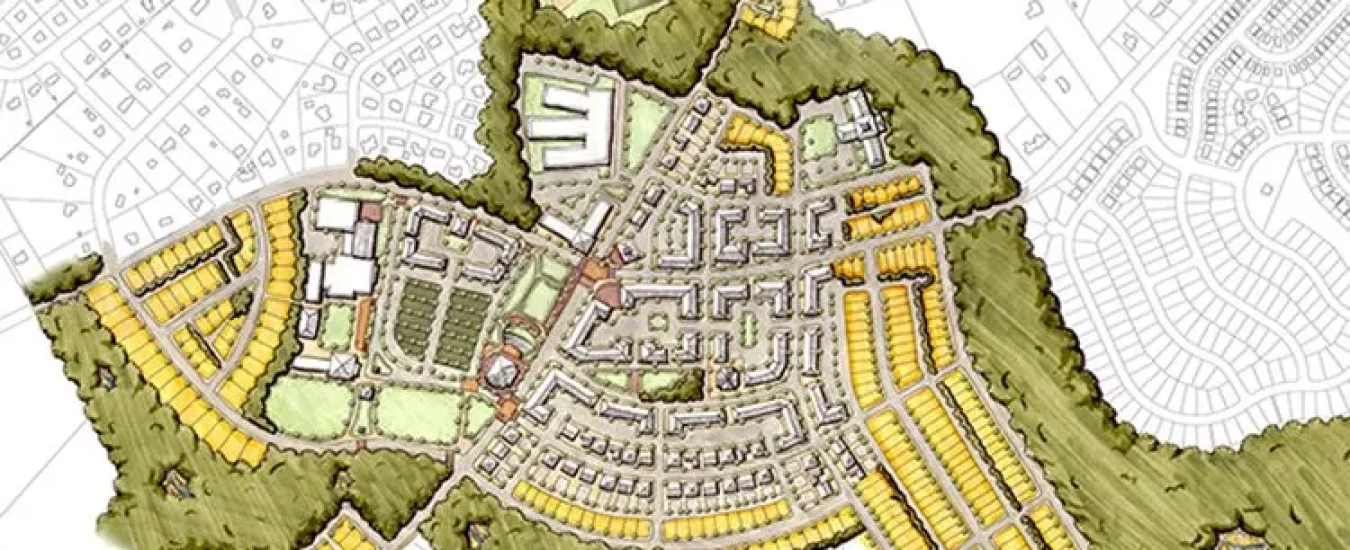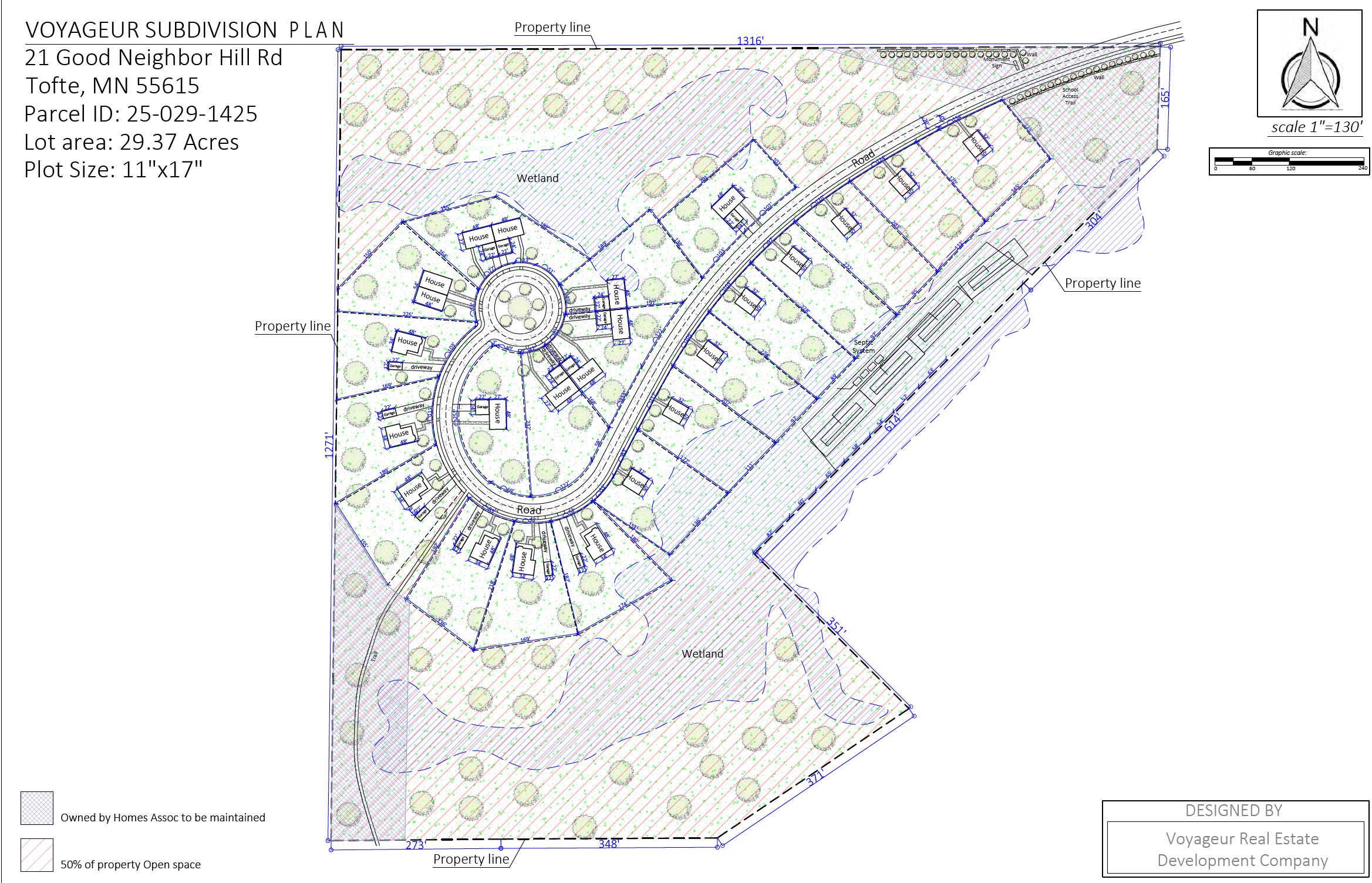
Single Family Development
Unleashing the Power of Single Family Subdivision Development is an article written by a developer for developers. For more than 25 years, Todd Myers has been passionately involved in the remodeling and construction of homes, as well as the acquisition of vacant single-family lots and the development of home sites and subdivisions. With a wealth of experience and expertise in the industry, Todd has honed his skills and knowledge to deliver exceptional results. His dedication to his craft and commitment to excellence have made him a trusted figure in the field, consistently delivering high-quality projects that meet and exceed clients’ expectations. Todd Myers’s extensive track record is a testament to his unwavering passion for creating beautiful and functional living spaces, as well as his ability to navigate the intricacies of land development and construction. With each project he undertakes, Todd brings a unique blend of creativity, meticulous attention to detail, and a deep understanding of the ever-evolving housing market. Whether it’s remodeling a home to breathe new life into it or developing a subdivision from the ground up, Todd Myers’s single family development expertise and experience make him a reliable and sought-after professional in the industry.


Time to Become a Single Family Home Developer?
Discover an untapped niche or market that experienced developers have overlooked and explore its potential as a meaningful idea. Determine how this idea can benefit the community as a whole, rather than just serving personal interests. Clearly define what “community” means in this context and ensure everyone comprehends this definition. Investigate if the county, city, or township has a long-term plan that aligns with your concept and if they possess suitable properties that can be allocated to fulfill that plan. Identify the obstacles and challenges you may encounter in pursuing your idea.
Next, organize and align your idea or niche with the overall goals and vision of the community. Conduct thorough research and gather information without incurring expenses. Explore existing architectural, engineering, legal, and previous acquisition documentation. Investigate if others have attempted to develop the same property and faced feasibility issues. Determine if the government entities involved have invested resources without any progress.
Now it’s crucial to prioritize maintaining confidentiality in your endeavors. I refer to this as adopting an “incognito mode.” Refrain from fully disclosing specific and critical information to anyone, and adopt a vague and indirect approach when sharing what you’ve discovered with others. Even within your trusted group, exercise caution, as they might inadvertently reveal details such as special financing availability, owner involvement, city contributions, and your external collaborators. When engaging with the city or other parties, inform them that you are conducting a land-use study for future projects related to the local township or city, which is true but deliberately nebulous. Engaging in excessive discussion, information sharing, and divulging your plans and aspirations will only attract attention and potentially create problems in the future. People tend to enjoy being “in the know” and relish disclosing information about others. So, it’s best to limit the amount of information you provide to prevent others from getting tipped off.

Now it’s time to evaluate the information you’ve gathered. Can your idea or niche work? Identify the obstacles and opportunities during this feasibility phase. This is where you ascertain your target market, devise a market strategy, and review past governmental actions. If you don’t already have control over the property, aim to gain control at this stage. Once you’ve achieved control, allocate funds for specific environmental testing and assessment, refine your idea into a schematic, develop a cost analysis, and contact potential financial sources.
Now it’s crucial to prioritize maintaining confidentiality in your endeavors. I refer to this as adopting an “incognito mode.” Refrain from fully disclosing specific and critical information to anyone, and adopt a vague and indirect approach when sharing what you’ve discovered with others. Even within your trusted group, exercise caution, as they might inadvertently reveal details such as special financing availability, owner involvement, city contributions, and your external collaborators. When engaging with the city or other parties, inform them that you are conducting a land-use study for future projects related to the local township or city, which is true but deliberately nebulous. Engaging in excessive discussion, information sharing, and divulging your plans and aspirations will only attract attention and potentially create problems in the future. People tend to enjoy being “in the know” and relish disclosing information about others. So, it’s best to limit the amount of information you provide to prevent others from getting tipped off.

Next, we move on to dealmaking and the planning and financing section. Every dream or plan requires a strategy, assessment, negotiation, and specific roles, all of which are derived from the information you’ve gathered. The outcome of this section is the transition from planning to implementation, which includes strategy execution, permitting, working drawings, and detailed financial analysis, including proformas for development and operations. The implementation phase involves pre-sales, site surveys, construction specifications, and negotiations for permanent and construction loans. Managing this section will provide you with inside information to coordinate interactions, negotiate trade-offs, and oversee each agreement as you carefully inspect every item you anticipate.
Negotiations refine the project’s details, and marketing, management agents, architects, contractors, lenders, and equity brokers all align their interests with yours. At this stage, you still don’t own the property, so it’s time to acquire it through various means such as purchase, lease with an option to purchase owner financing or an option with a closing date. Now it’s time to reveal your dream goal and niche. Contracts are needed for development, utility companies, infrastructure, engineering, landscaping, and common areas. Additionally, you’ll require bonding, draw schedules, equity schedules, construction oversight, and marketing oversight. Are we ready for sales yet?
Your marketing plan should emphasize pre-sales leading up to the grand opening. Stake out lots for new sales and speculative homes. Shift your focus towards operations, sales, management, and constant evaluation of the market and pricing to maximize revenues and profits. If you need assistance or want to discuss a single family development idea further, please let me know.
Need some help or want to discuss an idea? Reach out to us for free with the form below.